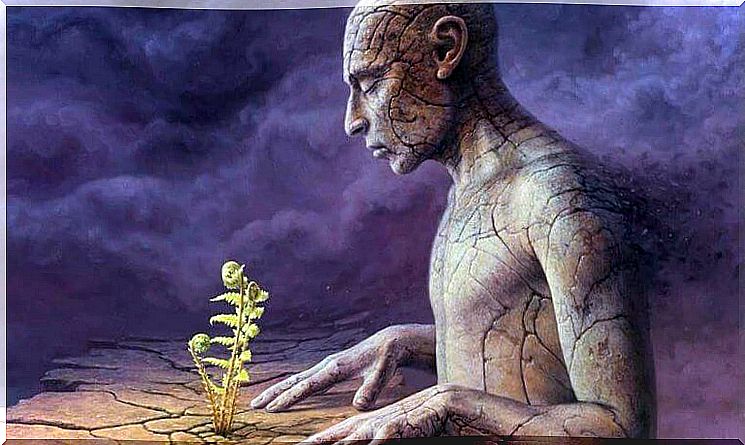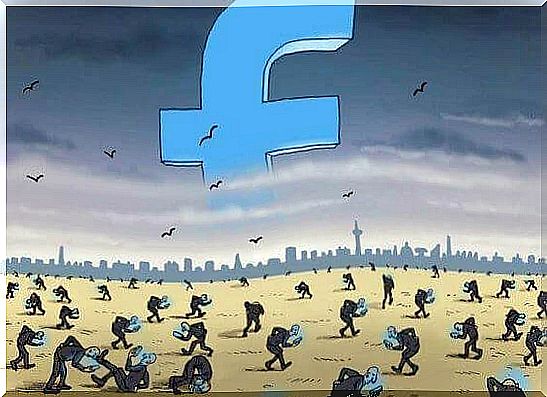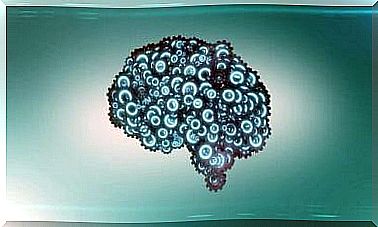How To Focus So You Don’t Waste Any More Time

Time is one of those factors that has the power to torment souls, due to its immensity and at the same time its finitude. Sometimes it feels unreachable, as if the days and hours have been shortened and never enough to complete everything we need to do. We have the feeling that the minutes seep like drops of water between our fingers and we can’t do anything about it. We can’t focus.
Unlike what many people imagine, a large part of the time we waste is wasted working or performing some of these activities we call “productive”. This happens because of lack of focus: even doing the task, our own dispersed state takes us and take longer than necessary to complete it.
One way or another, the consequence of this realization that time doesn’t give everything is a state of anguish. There is a tension between the way the clock moves forward and the need to fulfill the proposed objectives. Under these conditions, it is also possible that locks and errors appear that only increase the delay.
Lack of time and compulsive actions
There is a whole set of compulsive actions that we perform day to day and that consume a large part of our own time. Within them we can mention some very common ones, such as this mania of looking at the cell phone every five minutes. Most likely we won’t find anything new, or if there’s something new it’s not relevant, but sometimes we can’t avoid it.

It is also very common for a similar thing to happen with some windows on your computer. If you check, there are more than 20 or 30 visits to a website or social network, most of which we don’t find new or relevant information.
Each has its own repertoire of compulsive or repetitive actions. Some people simply interrupt their work to allow their thoughts to fly, to look around, or to do anything that takes their attention away from the main task at hand.
Precisely because they are compulsive, these actions are unconscious. They are made without thinking and we spend a good deal of time on them. They respond to difficulty concentrating, anxiety, or a poor work strategy.
Emotional overload and time
Emotional difficulties also rob us of more time than we realize. Furthermore, they also rob us of the willingness and motivation to focus on our goals. Unresolved problems carry an emotional charge that silently transfers to everything we do.

We’ve all set aside some task, whether for one reason or another, and it has taken on a life of its own in our minds. From that moment, repetitively and anarchically, it invaded the space of our own consciousness. Out of that thought were born states of anxiety that had nothing to do with the situation you were in at that moment.
Unresolved conflicts weigh on everyday life. They severely affect our own ability to concentrate, as they are like uncomfortable noises that give false respite and appear at the most inopportune moments, spoiling pleasurable situations. Finally, they transport you to the past or the future, leaving aside the sensations that emanate from your current situation.
focus to buy time
Time, or better saying your perception, is an essentially psychological dimension. It walks or stops walking depending on what you feel or what you are thinking. A minute is endless at the dentist and passes in a sigh when you are in a pleasant situation. And just being so influenced by what’s in the mind, it needs to be managed in a more rational way.
To better focus and manage time, the first thing is to recognize and accept that we will always have something to do. This need not be a source of anguish, but it needs to be seen as an inherent characteristic of life itself. Knowing this, the next step is to devise a methodology that combines activity and breaks. Dispersion is also a response to tiredness and it has been proven that the brain begins to tire after 25 minutes of focused attention on a single activity.

In addition, it is important that when you are not working, you engage in creative activities. Leisure time is as or even more important than working time. It understands all these lapses of freedom, in which it is possible to release tension and renew your emotional energy.
Don’t waste these valuable moments on repetitive activities like watching television. Also, don’t invest all your rest in situations that are saturating or boring: that doesn’t allow you to rest for real. To make the best use of your working time, learn to enjoy high-quality rest. This way you will know how to focus on what is important and will do it more successfully.
Images courtesy of Tomasz-Alen-Koper, Flora Borsi.









